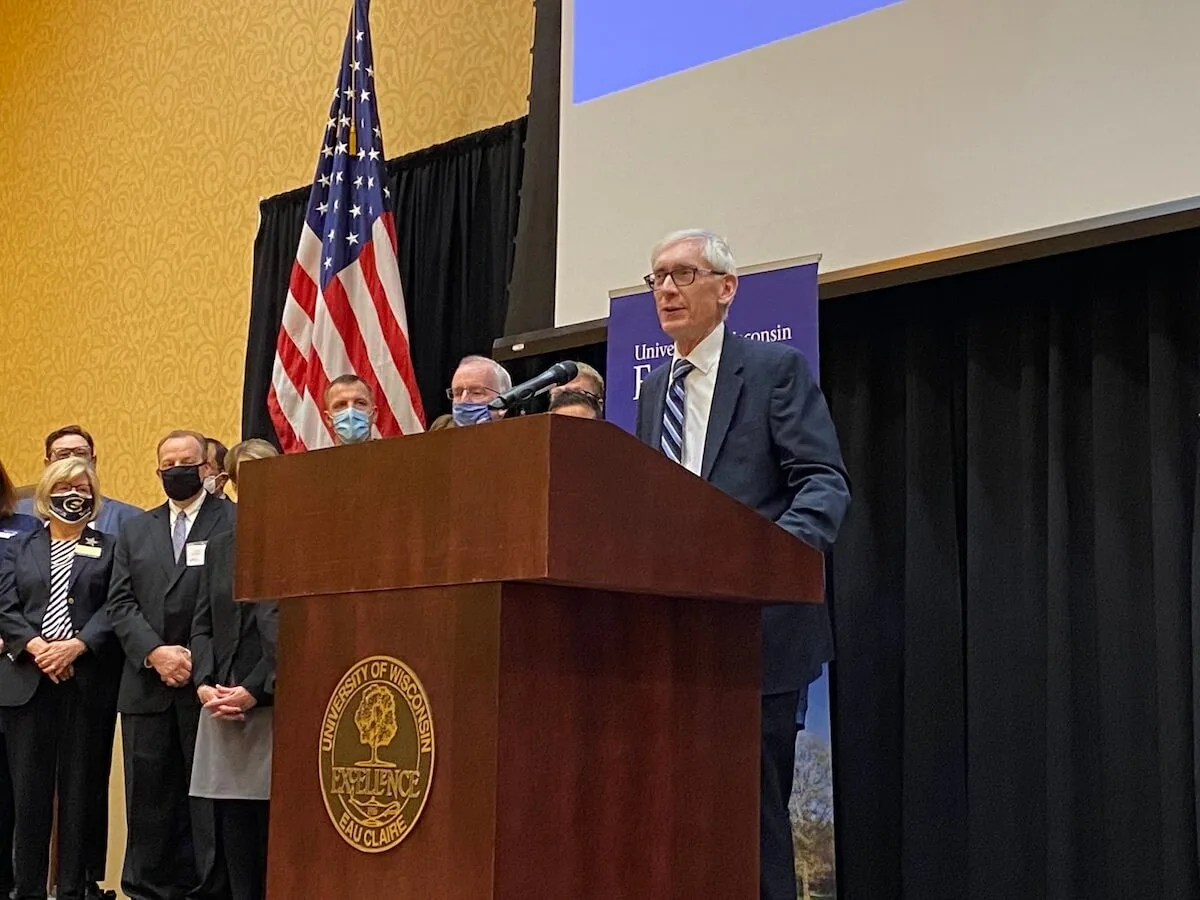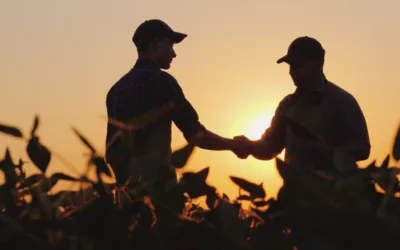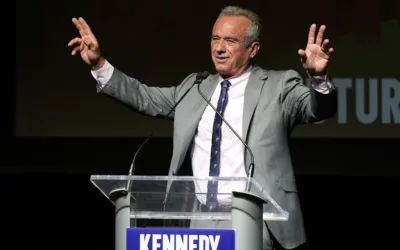
#image_title
Wisconsin gets a smaller portion of federal help compared to other states but is investing more of it in the state and local economies.
A new report on the distribution and spending of federal pandemic aid shows Wisconsin Gov. Tony Evers has put far more relief into the hands of small business entrepreneurs than other state leaders.
The Wisconsin Policy Forum, an independent research firm, evaluated the data from two groups—the independent National Conference of State Legislators (NCSL) and the progressive Center on Budget and Policy Priorities (CBPP)—on how states handled money received from the 2021 American Rescue Plan Act (ARPA) and the Coronavirus Aid, Relief, and Economic Security (CARES) Act of 2020.
The assistance given to Wisconsin’s economy through its entrepreneurs far exceeded other states.
The report said the state has set aside $1.33 billion in total for addressing the pandemic’s economic impacts—including $303 million to small businesses through the Wisconsin Tomorrow grants, $223 million through We’re All In grants to small businesses.
“Wisconsin stood out by allocating much more of its ARPA funds toward payments to businesses and nonprofits and other economic development and workforce efforts,” the Policy Forum report said. “NCSL data shows Wisconsin has devoted nearly 58% of its ARPA funds to economic relief and development while other states have devoted only 5%. The CBPP figures are slightly less lopsided with 56% going to economic development in Wisconsin and 12% nationally.”
Many states used a much higher share of federal aid to plug holes in their budgets. Wisconsin, by contrast, has seen a quicker jobs recovery and the resulting boost to the tax base means the state now has a surplus of nearly $4 billion.
Evers and state officials have distributed the aid through various programs, including $93 million to the hotel and lodging industry, $21 million to movie theaters, $2.8 million to minor league sports teams, and $100 million for farm support programs.
Last month, Evers and Wisconsin Economic Development Corporation (WEDC) Secretary and CEO Missy Hughes said the Main Street Bounceback grant program has helped more than 3,400 small businesses and nonprofit organizations stay in business in all 72 counties. Evers said an analysis from November showed that as a share of federal pandemic aid the state has received, Wisconsin ranked second in the country for aid directed to economic development, and first in the country in aid allocated to businesses.
The Policy Forum report said the single biggest priority for Wisconsin spending of CARES and ARPA funds was fighting the coronavirus pandemic—nearly $2 billion for COVID testing, vaccine distribution, treatment, prevention, aid to local health providers, and staffing assistance.
The report authors also focused on how Wisconsin has received sharply less aid than other states, when measured as a percentage of each state’s total spending. The state’s $5.3 billion share is equivalent to nearly 10% of its pre-pandemic 2019 spending—the national average for states was about 12%.
Support Our Cause
Thank you for taking the time to read our work. Before you go, we hope you'll consider supporting our values-driven journalism, which has always strived to make clear what's really at stake for Wisconsinites and our future.
Since day one, our goal here at UpNorthNews has always been to empower people across the state with fact-based news and information. We believe that when people are armed with knowledge about what's happening in their local, state, and federal governments—including who is working on their behalf and who is actively trying to block efforts aimed at improving the daily lives of Wisconsin families—they will be inspired to become civically engaged.


This billionaire’s PAC is spreading a big lie about Tammy Baldwin, Medicare, and taxpayer savings
Restoration PAC, funded by Uline’s Richard Uihlein, twists the significance of forcing Big Pharma to negotiate for lower bulk pricing on Medicare...

New Biden rules deliver automatic cash refunds for canceled flights, ban surprise fees
In the aftermath of a canceled or delayed flight, there’s nothing less appealing than spending hours on the phone waiting to speak with an airline...

Opinion: It’s time for Congress to fight for small businesses instead of big corporations
May is National Small Business Month. Our elected leaders need to show leadership all year long. For the past 27 years I’ve been fortunate to pursue...

Biden makes 4 million more workers eligible for overtime pay
The Biden administration announced a new rule Tuesday to expand overtime pay for around 4 million lower-paid salaried employees nationwide. The...





